What we can learn from the acknowledgements
The acknowledgements page from Ruta Sepetys’ historical fiction novel, “Salt to the Sea.”
I really love reading — especially because of the feeling of escaping within a book’s story, being able to join a different world until I wish to return to my surroundings. This is a standard trait of a passionate reader, and I recognized it in myself years ago. More recently, however, I have been attracted to a different part of the reading experience — the acknowledgements.
Yes, the acknowledgments. That page or two in the back or front of your text with the seemingly endless list of names. Editors, publishers, family members and friends… yeah, that’s it. What started as a self-imposed obligation to recognize those who contributed to my favorite books became the dessert to my feast of a good novel, granting me an important lesson in and of itself.
Similar to the credits that roll at the end of a film, the acknowledgements are often discarded as unnecessary additional information, of no concern to the audience. But as a kid with a guilty conscience, I naturally felt wrong to ignore them, whether I am reading a favorite fantasy novel or a bittersweet historical fiction piece. And so, I decided I ought to give them my attention.
It turned out that I loved finding out how many names really did stand behind the single one printed on the cover. It was fascinating; one person felt the need to thank and acknowledge dozens and dozens of people, from their agent to their spouse. If the author wanted me to know the names of all these people, their role must have been significant. And if that was the case, I wanted to read how the book would have been impossible without them — which is the first part of what I learned.
These authors didn’t move me and thousands of other readers on their own; they needed support and guidance. As someone recognized for being independent since I was a young child, it was remarkable to me that these professionals I looked up to allotted space in their books to acknowledge their limitations.
And it’s not just writers who rely on others to reach success; I have come to find that this is a deeply human trait. Just as much as a reader loves to lose themselves in a plot, people need help to reach their goals. And just as much as the rest of the world, those of us who find power in our independence also rely undeniably on others.
So many people have played critical roles in helping me get where I am. Not only that, but it is hard to find any accomplishment in my own life that could have been achieved without direct or indirect assistance from another person.
Yes, my parents, family and teachers rank first on my list, but the little things make a world of a difference too. The public bus driver who enabled me to get home from school when I had no other transportation, the classmate who spoke to me in the mornings when I did not have my friends around, the SAT tutor I took a short class with last fall. As much as I show my appreciation in the moment, these people may often take a backseat when I reach new milestones in life.
We often forget those we should be acknowledging more often, even if our acknowledgements aren’t in print. My successes today as I adapt to an online senior year, my successes in the spring as I find a college to commit to and even my successes in 20 years cannot be disconnected from everyone who positively impacted my life in the past. A complex interconnected web of actions from people across space and time provides each of us with the power to reach our accomplishments. And I know I will continue to acknowledge that.
In this time of tragedy, a lot of us have been recognizing what we previously took for granted. But we should also be reflecting on the people that have buoyed us up in the past months. If you were writing a memoir on your experiences, who would you need to reference in your acknowledgements? And how would you be included in the acknowledgements of others?
While I continue to acknowledge people’s impact within my own life — my sibling’s check-in’s with me during the school day or my grandma’s weekly Zoom calls — I expect to still be impressed and moved by the acknowledgements I read in the future. Our disposition to rely on and be helped by others is one thing I don’t ever expect to change.

I am a senior at Bonita Vista High and a fourth year staff member on the Crusader. I am now co-Editor in Chief, and previously was News Editor, Features...

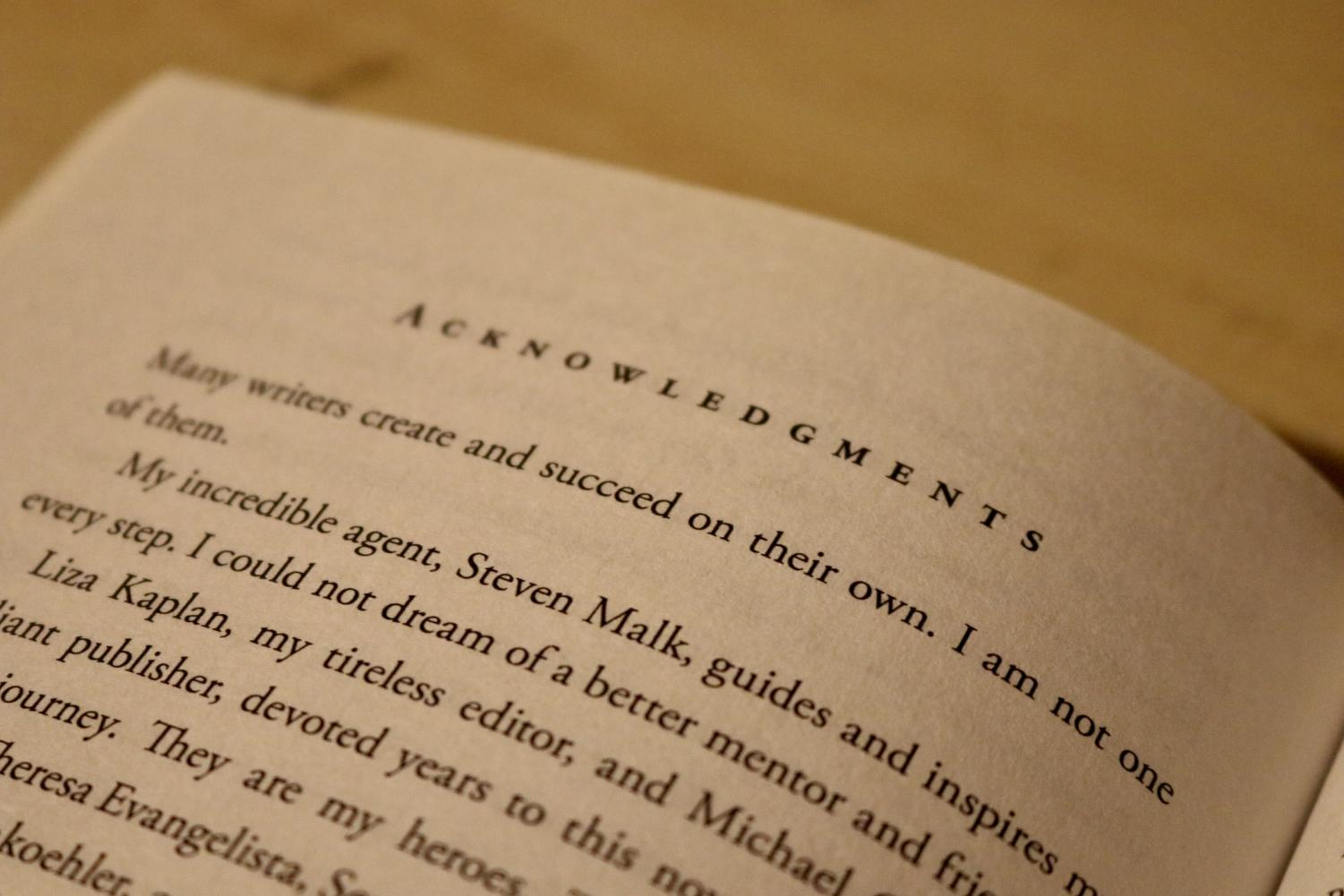
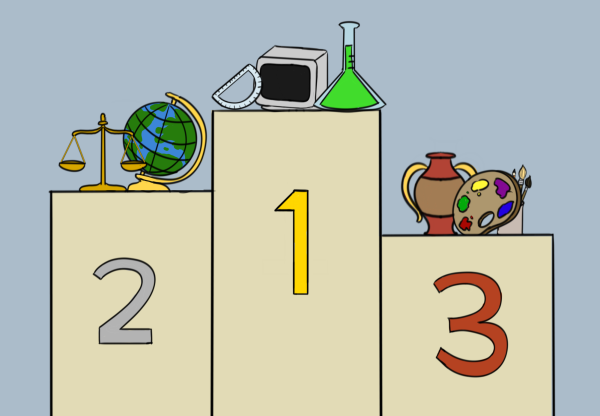
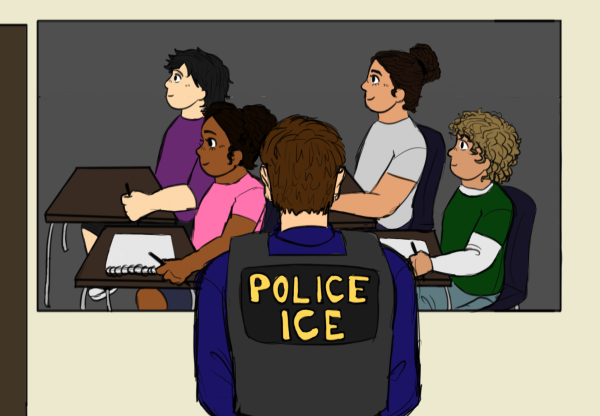
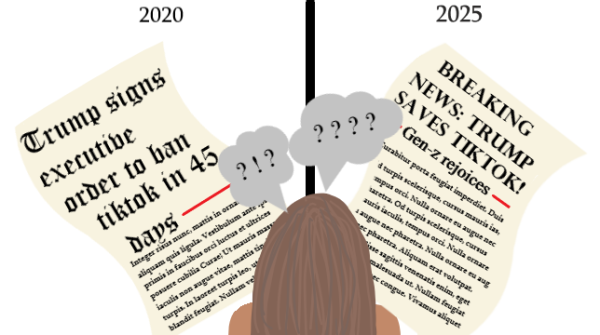
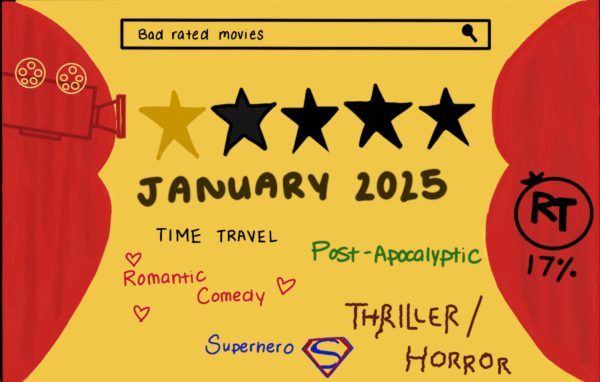
Madison Geering • Dec 5, 2020 at 12:00 pm
Lucia,
Since reading this piece months ago, I wanted you to know that after I’ve finished reading a book, I always read the acknowledgements and think of this piece.